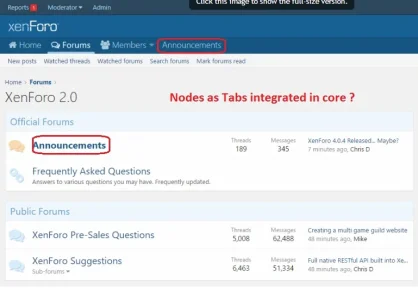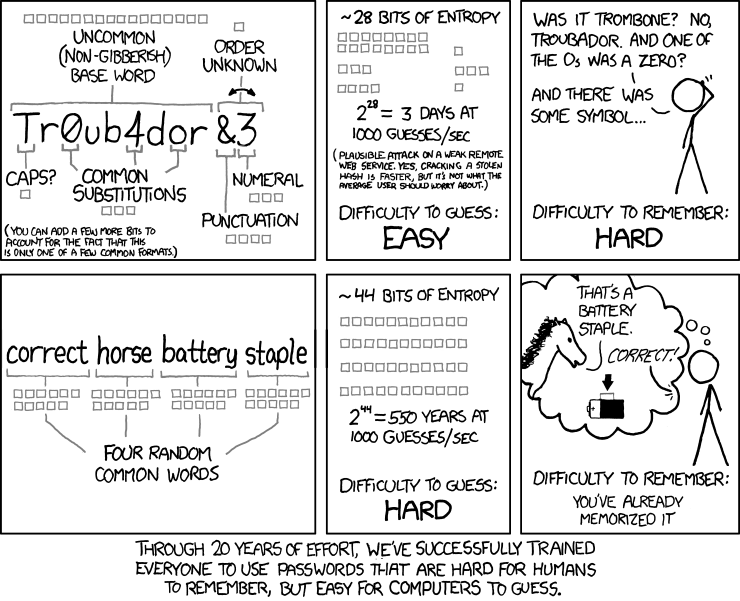I vaguely remember seeing this conversation somewhere. Was it in the context of an XF to XF import or something similar? If so then that statement is true; if we do an XF to XF import, we can only import the XF content we know about which would exclude most add-on related data.I think I read a while back you might lose your addon data, as Xenforo LTD migration won't know what addon tables you use.
I am likely wrong.
In terms of this upgrade, however, we are aiming to do a normal upgrade - just like we'd do from 1.4.x to 1.5.x or even 1.5.x to 1.5.y. In a normal upgrade we do not touch anything to do with add-on data so the data will still be there post upgrade to XF 2.0 ready for add-on developers to do whatever they need to do to their code or data to make it 2.0 ready.

